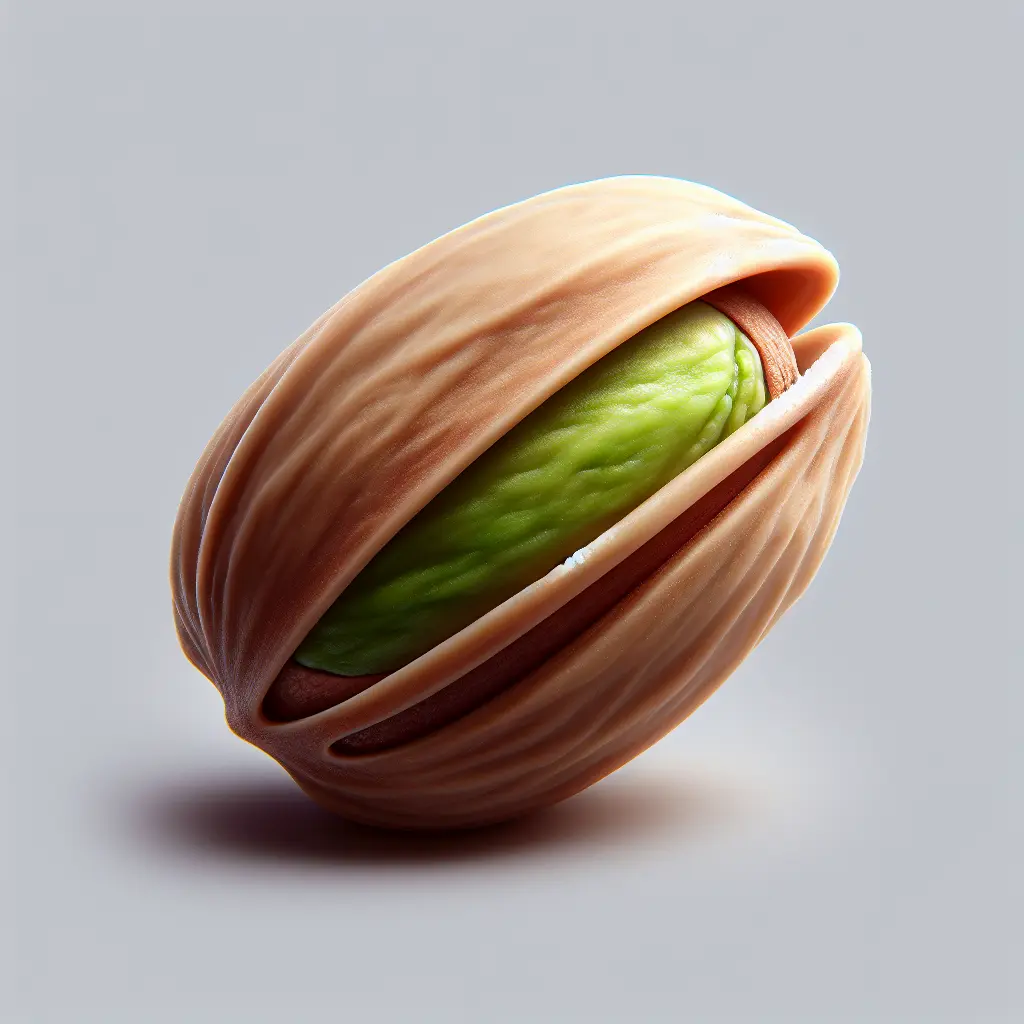Pistachios: A Nutritional Powerhouse
Pistachios are a type of tree nut that is native to Central Asia. They have been cultivated for centuries and are now grown in many countries around the world. Pistachios are a good source of several nutrients, including:
- Fiber: Pistachios are a good source of fiber, which is important for digestive health. Fiber helps to keep you feeling full and satisfied, and it can also help to lower cholesterol levels and improve blood sugar control.
- Protein: Pistachios are a good source of protein, which is essential for building and repairing tissues. Protein also helps to keep you feeling full and satisfied.
- Healthy fats: Pistachios are a good source of healthy fats, which are important for heart health. Healthy fats can help to lower cholesterol levels and reduce the risk of heart disease.
- Vitamins and minerals: Pistachios are a good source of several vitamins and minerals, including vitamin B6, potassium, and magnesium. Vitamin B6 is important for brain health, potassium is important for blood pressure control, and magnesium is important for bone health.
Health Benefits of Pistachios
Pistachios have been shown to have several health benefits, including:
- Reduced cholesterol levels: Pistachios have been shown to help lower cholesterol levels. In one study, people who ate 1 ounce of pistachios per day for 3 months had a significant reduction in LDL (bad) cholesterol and an increase in HDL (good) cholesterol.
- Improved blood sugar control: Pistachios have a low glycemic index, which means that they do not cause a rapid spike in blood sugar levels. This makes them a good snack option for people with diabetes or prediabetes.
- Protected against heart disease: Pistachios are a good source of antioxidants, which can help to protect against heart disease. Antioxidants help to neutralize free radicals, which are unstable molecules that can damage cells and lead to chronic diseases such as heart disease and cancer.
How to Enjoy Pistachios
Pistachios can be enjoyed in a variety of ways. They can be eaten raw, roasted, or salted. They can also be added to salads, yogurt, oatmeal, or trail mix. Pistachios can also be used to make pesto, hummus, or ice cream.
Conclusion
Pistachios are a delicious and versatile nut that packs a punch of nutrients. They are a good source of fiber, protein, healthy fats, vitamins, and minerals. Pistachios have been shown to have several health benefits, including reducing cholesterol levels, improving blood sugar control, and protecting against heart disease. What's more, they are low in calories and make a great snack option, making them a great addition to a healthy diet.
How many calories are in Pistachio?
Each 1 kernel of Pistachio contains 4 calories.
Pistachio Nutritional Information
| Nutrient | Amount per 1 kernel (0.7g) |
|---|---|
| Calories | 4 Calories |
| Protein | 0.2g |
| Fat | 0.3g |
| Saturated Fat | 0g |
| Cholesterol | 0mg |
| Carbohydrates | 0.2g |
| Dietary Fiber | 0.1g |
| Sugar | 0.1g |
| Sodium | 0.003mg |
| Potassium | 0.007mg |
| Calcium | 0.0008mg |
| Iron | 0mg |
